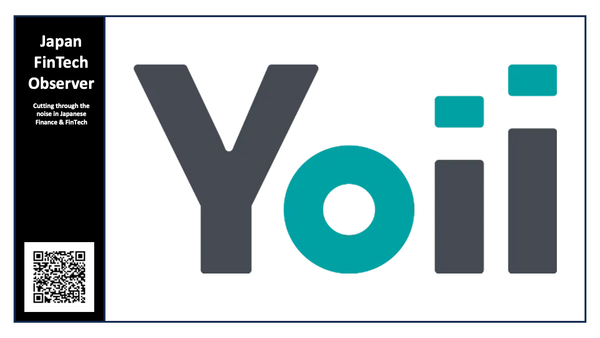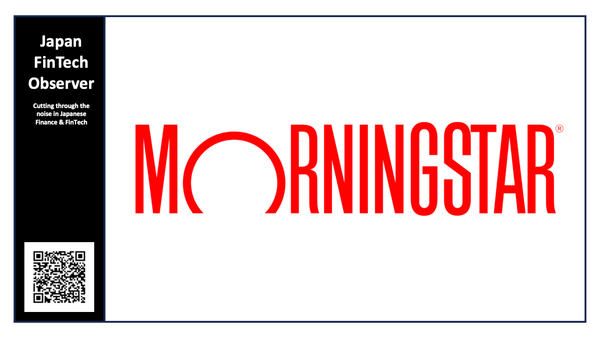Partial Revision of the "Comprehensive Guidelines for Supervision of Insurance Companies"

The Financial Services Agency published a partial revision (draft) of the "Comprehensive Supervision Guidelines for Insurance Companies" and other documents from Monday, May 12, 2025 to Friday, June 13, 2025, and widely solicited comments. In response, the Agency received a total of 468 comments related to the partial revision (draft) from approximately 170 individuals and organizations.
In light of the cases of fraudulent insurance claims and premium manipulation, the revisions represent a significant strengthening of regulations, primarily focused on preventing inappropriate influence by insurance companies over their sales agencies, ensuring fair competition, and protecting customers' interests. These changes, summarized below, went into effect on August 28, 2025.
1. Enhanced Oversight and Auditing of Insurance Agencies
- New Requirement for Audits: Insurance companies are now explicitly required to go beyond routine education and guidance. They must verify the appropriateness of systems and solicitation practices at their insurance agencies through methods like agency audits.
- Enforcement of Improvements: If issues are identified, the insurance company must demand improvements by a set deadline to ensure the effectiveness of its corrective actions.
2. Major New Regulations on "Provision of Benefits" to Prevent Undue Influence
This is a central theme of the revision, with several new sections added to curb practices where insurers provide benefits to agencies in exchange for prioritizing their products.
- Comprehensive Regulation on Excessive Benefits
- System Establishment: Insurance companies must establish internal rules and clear criteria to define and prevent the "excessive provision of benefits" to agencies. This system must involve the compliance department and be subject to internal audits.
- Definition of "Excessive Benefits": Benefits are considered excessive if they are likely to induce an agency to prioritize the insurer's products, thereby harming a customer's ability to make an appropriate choice.
- Specific Prohibited Examples: The guidelines list several examples of practices that could be considered excessive benefits, including:
- Providing benefits in exchange for the agency adjusting its sales volume or market share of the insurer's products.
- Pressuring agencies to purchase non-insurance goods, often with sales targets.
- Having insurer employees perform tasks for an agency that are unrelated to the insurance business (e.g., helping at agency events).
- The insurer covering expenses that the agency should rightfully bear (e.g., personnel costs).
- Paying fees with questionable justification, such as consulting fees, sponsorship fees, or trademark usage fees, that lack clear value.
- Prohibition on Agencies Demanding Excessive Benefits
- A new rule was added to address the other side of the issue: agencies that represent multiple insurers are prohibited from demanding or accepting excessive benefits that could lead them to unfairly recommend specific insurance products.
3. New Strict Regulations on Secondment of Staff to Agencies
- Preventing Secondment as a Disguised Benefit: The guidelines now recognize that seconding employees to an agency can function as an excessive benefit, compromise the agency's independence, and create risks of improper information sharing.
- Required Governance: Insurers must establish clear internal policies on secondment with proper oversight from the board of directors and compliance departments.
- Strict Criteria for Appropriateness: Any secondment must be judged against four key criteria to ensure it is not inappropriate:
- It must not hinder a customer's appropriate product selection (i.e., not function as a sales promotion tool).
- It must not create a risk of the agency's confidential customer information being improperly shared with the insurer.
- It must not compromise the agency's independence (e.g., through long-term secondments to key management posts).
- It must not create a conflict of interest for the insurer.
4. New Rules for Non-Life Insurance Agency Commissions
- Focus on Quality over Volume: The calculation method for agency commissions must not be overly skewed toward "scale and premium growth." Instead, it must place significant emphasis on "business quality."
- Prohibition of Anti-Competitive Practices: Insurers are prohibited from engaging in exceptional practices, such as matching a competitor's higher commission rate, for the sole purpose of gaining or maintaining market share with an agency.
5. Mandate to Reduce "Policy-Based Shareholdings" (Cross-Shareholdings)
- Addressing Anti-Competitive Effects: The guidelines recognize that cross-shareholdings can distort fair competition, as corporate insurance contracts may be awarded based on these relationships rather than on merit.
- Requirement for Reduction Policy: Insurance companies are now required to establish a policy to reduce their policy-based shareholdings. For listed stocks, this policy must include a clear timeline for reduction.
6. Major Reform of Insurance Broker Commission Rules
- Before: Insurance brokers were required to charge 100% of their commission to the insurance company and were prohibited from charging the client directly.
- After: This rule has been fundamentally changed for "corporate-sector insurance contracts" only. Brokers are now permitted to charge commissions to both the client and the insurance company, provided they adhere to strict transparency requirements, such as:
- Clearly explaining to the client that they are charging both parties.
- Disclosing the commission amount received from the insurer if the client requests it.
- Disclosing any capital ties or conflicts of interest with the insurer.
- For insurance contracts with individual (non-corporate) clients, the original rule remains in place (commission from insurer only).
7. Enhancement of Customer Information Management
- Introduction of "Need to Know Principle": The guidelines now explicitly incorporate the "Need to Know principle," stating that access to customer information must be limited to only those officers and employees who require it to perform their duties.
- Strengthened Access Controls: More specific language has been added to require robust access controls, including measures to prevent use by anyone other than the specifically authorized individual.






